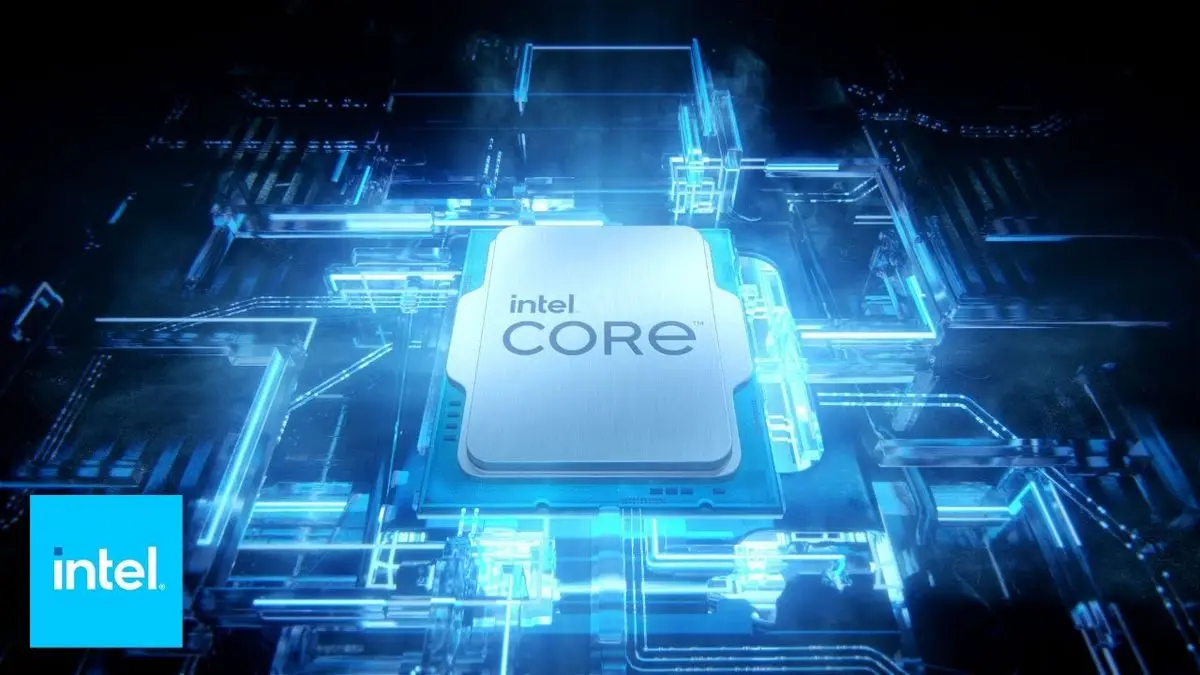At first I was somewhat sceptical about these reports regarding critical instability with 13/14 gen intel desktop CPUs. Not saying there wasn’t an issue, but the “tech news cycle” does have a tendency for sensationalism and drama.
But I am starting to wonder if there is some sort of fundamental problem with the 13/14 gen at least for consumer CPUs (I can’t imagine something like this would be tolerated in their Xeon server line).
I can tell you my 13700KF could be made to 100% crash on stock motherboard settings on a multicore stress test, at least pre-patch. I manually downclocked it and got it to behave. Post-patch it could meet the spec while staying stable, but the thermals were out of control, so I went back to my manual downclocked setup with stricter power limits.
The absolute kicker is that on synthetic benchmarks I lose barely 10% performance and gain 20-30 degrees C and 80W of power consumption. In real usage the only reason it’s noticeable is my PC doesn’t sound like a jet engine. The absurdity of it all.
This is crazy to me that this kind of behaviour isn’t found during testing. A big part of your market is gaming, you know well that famous YouTubers will stress test the shit out of your chips and still, these issues are on two gen of chips.
At this point, this has to be a known issue at Intel, a critical one, but they still ship the chip.
Mate, boeing made planes where the „doors” fall off.
Corporations just don’t give a fuck anymore. We’ll bring them their money in our teeth anyway.
Never have. Maybe once they thought that shame or illegal activity would cut into their profits too much.
This is crazy to me that this kind of behaviour isn’t found during testing. A big part of your market is gaming, you know well that famous YouTubers will stress test the shit out of your chips and still, these issues are on two gen of chips.
I’m wondering if this is a “teaching to the test” situation. As in, Intel knows what benchmarks people/youtubers use, and optimize only for those synthetic tests. So if you run the expected tests it performs as advertised, but real world applications push outside the use cases the synthetic tests execute, and are falling on their face.
This is exactly what happened with VW’s Dieselgate scandal. They taught their cars to perform well on the synthetic tests only to produce the desired results irrespective of real world conditions and results.
Probably that is true, but the issue isn’t happening in edge cases, it’s people using their cpu.
So that’s dumb that they let that slide.
So that’s dumb that they let that slide.
No argument at all on that. It was dumb of VW too.
Interesting, I haven’t used an intel desktop CPU since 2012 (was laptop only till 2018 and then switched to AMD because it felt like a better deal).
But what you describe is unacceptable for such a large semiconductor company.
The thing about this one is that at the time all I could tell is that something between the RAM, motherboard and CPU was finicky. RAM sticks strongly prefered some configs over others, the entire thing felt a bit shaky.
I didn’t notice the instability until months into having the chip, and I didn’t know what it was about. I assumed it was a silicon lottery thing and because the ASUS motherboard seemed to arbitrarily decide what clocks and powers it wanted in real time I assumed it was just an edge case, manually fixed it and moved on with my life.
Because that’s the PC market today. Everything runs ahead of official specs and is purchased based on OC performance. My RAM is supposed to be at a "default"of 50% its advertised speed, which is what the XMP profile says. My CPU is supposed to run falt out at turbo speeds even though the nominal clock speed is much lower. The motherboard doesn’t even bother with default configs, it runs its own test cycle for the cooling and sets itself based on what it sees.
It’s dumb as hell. Nothing is rated for anything close to realistic. You just slot in a piece of hardware and wait to see how fast it goes by trial and error. Honestly, the Intel thing is bad, but it was bound to happen sooner or later, the way we buy and sell PC hardware these days.
I’m worried it’s a lithography issue. The recent GamersNexus and Level1Techs coverage seems to point that way, at least to me. For example, they mention CPUs working fine for a while, then suddenly becoming increasingly unstable. There’s so much that can go wrong with lithography that could cause that kind of behavior, and we know they’ve been having issues given the whole 14nm debacle.
The problem for me, is that the two generations are out there, so they can’t believe they can avoid the issue forever.
Either they do a recall, or the disaster consumes the company altogether if they continue to ignore it.
It doesn’t sound like the issue extends beyond a small number of part SKUs. It’s probably more of a design flaw based on the data from Steve and Wendell. I’m waiting to see if Intel tries to gaslight everyone or actually does something honorable to resolve the issue.
It sounds like 12th Gen parts are fine and nobody is talking about other SKUs beyond the top end enthusiast parts. If someone finds a way to make a program to test for the issue that could be exciting to see how broad the problem is.
When you say a lithography issue are you concerned that everything coming from that fab line is affected? Or did you just mean the physical design has a flaw that can’t be fixed in microcode / BIOS?
Man Intels lows are low. AMD when it sucked just miscounted cores, never shipped something this terrible.
the CPU coolers available are not up to par to cool down 13th and 14th gen chips
12th gen stayed below 250 TDP even with the i9s
a 240 AIO will struggle to cool a chip pushing 250 TDP including 360 AIO
Arctic made some strides with the added aftermarket CPU pressure plate but still not enough
It’s not the cooling, according to GN also server SKUs running on stock have massive failure rates. Check out their recent video. Here is a link :) https://www.youtube.com/watch?v=oAE4NWoyMZk
Intel’s tests are all the same. They require every power supply maker to follow exacting tests with their hardware. They write the tests, they determine the answers, and they make a test jig that scores how well you did. You are absolutely not allowed to do anything else. I know this for a fact.
This is the type of scenario that can be created. Test cases and all the board makers rely on average spec. Intel tests to 1 spec. There are huge gaps in testing that Intel assumes is OK.
AMD does the same thing but lets you screw around more right now.







